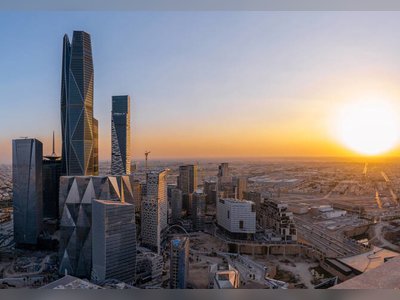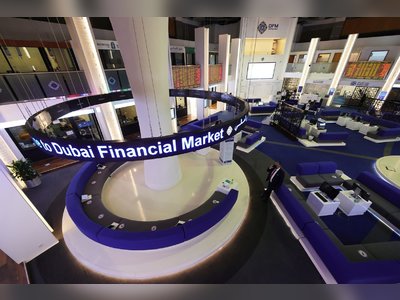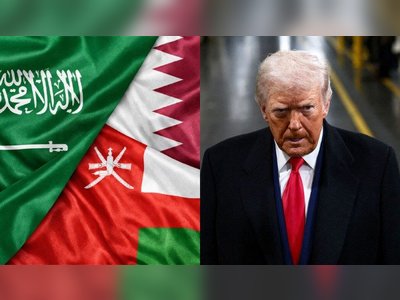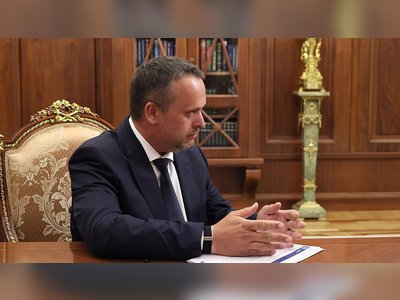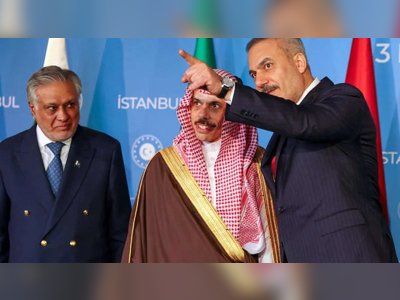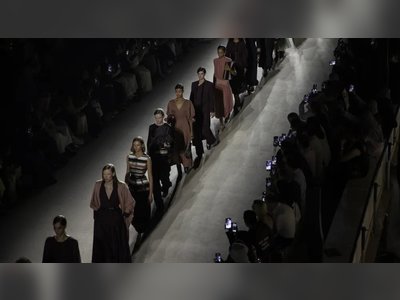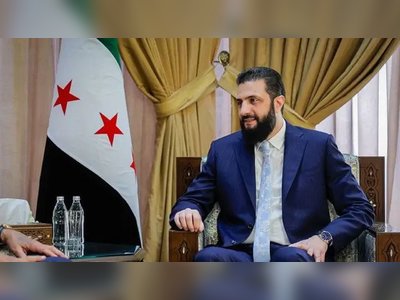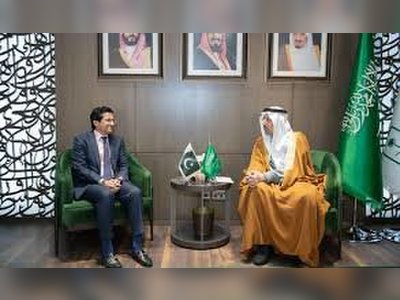Qatar's Democratic Dilemma: A Referendum on Representation
The Gulf state's potential electoral rollback ignites debate on tradition, stability, and inclusivity.
In a striking turn of events, Qatar is contemplating a significant alteration in its political landscape with a proposal to potentially annul legislative elections for two-thirds of its Shura Council—a measure previously heralded as a democratic milestone.
This arises as Qatar navigates the juxtaposition of tradition and modernity within its governance framework.
The Shura Council elections, initially welcomed with optimism, now face reevaluation through a national referendum, which could see the Emir reinstating his authority to appoint all council members.
Supporters of this move argue it reflects a pragmatic strategy to ensure consistent and aligned decision-making in tune with Qatar's strategic vision.
This reasoning is not unique to Qatar, resonating with governance models across the Gulf, where stability often supersedes electoral representation.
Critics, however, perceive this potential shift as a retreat from democratic processes that empower individual voices.
The inaugural elections encountered challenges, notably the disenfranchisement of certain groups, leading to societal tensions.
Yet, the proposed reforms aim at greater inclusion, allowing all Qataris, including naturalized citizens, to hold ministerial roles—a progressive step that challenges traditional elitism.
There is an inherent risk that centralizing authority could dampen political diversity and stifle public accountability, thus undermining the essence of representative governance.
Nevertheless, Qatar's leadership may argue that in a region of complex geopolitical dynamics, a unified governing body fortifies national resilience.
This query on governance echoes a broader philosophical debate on autonomy and consent—timelessly encapsulated by Abraham Lincoln's words that governance without consent is unjust.
Indeed, the outcome of this referendum may redefine the Qatari social contract, reflecting either a strategic recalibration or a democratic regression.
As Qatar charts its course, external observers must recognize that perceptions of regression could be, for some, a nuanced strategic adaptation.
The discourse invites reflection on what genuine representation entails in the evolving tapestry of global political landscapes, suggesting that democratic evolution may rest more on the willingness to adapt than on static systems.
This arises as Qatar navigates the juxtaposition of tradition and modernity within its governance framework.
The Shura Council elections, initially welcomed with optimism, now face reevaluation through a national referendum, which could see the Emir reinstating his authority to appoint all council members.
Supporters of this move argue it reflects a pragmatic strategy to ensure consistent and aligned decision-making in tune with Qatar's strategic vision.
This reasoning is not unique to Qatar, resonating with governance models across the Gulf, where stability often supersedes electoral representation.
Critics, however, perceive this potential shift as a retreat from democratic processes that empower individual voices.
The inaugural elections encountered challenges, notably the disenfranchisement of certain groups, leading to societal tensions.
Yet, the proposed reforms aim at greater inclusion, allowing all Qataris, including naturalized citizens, to hold ministerial roles—a progressive step that challenges traditional elitism.
There is an inherent risk that centralizing authority could dampen political diversity and stifle public accountability, thus undermining the essence of representative governance.
Nevertheless, Qatar's leadership may argue that in a region of complex geopolitical dynamics, a unified governing body fortifies national resilience.
This query on governance echoes a broader philosophical debate on autonomy and consent—timelessly encapsulated by Abraham Lincoln's words that governance without consent is unjust.
Indeed, the outcome of this referendum may redefine the Qatari social contract, reflecting either a strategic recalibration or a democratic regression.
As Qatar charts its course, external observers must recognize that perceptions of regression could be, for some, a nuanced strategic adaptation.
The discourse invites reflection on what genuine representation entails in the evolving tapestry of global political landscapes, suggesting that democratic evolution may rest more on the willingness to adapt than on static systems.



